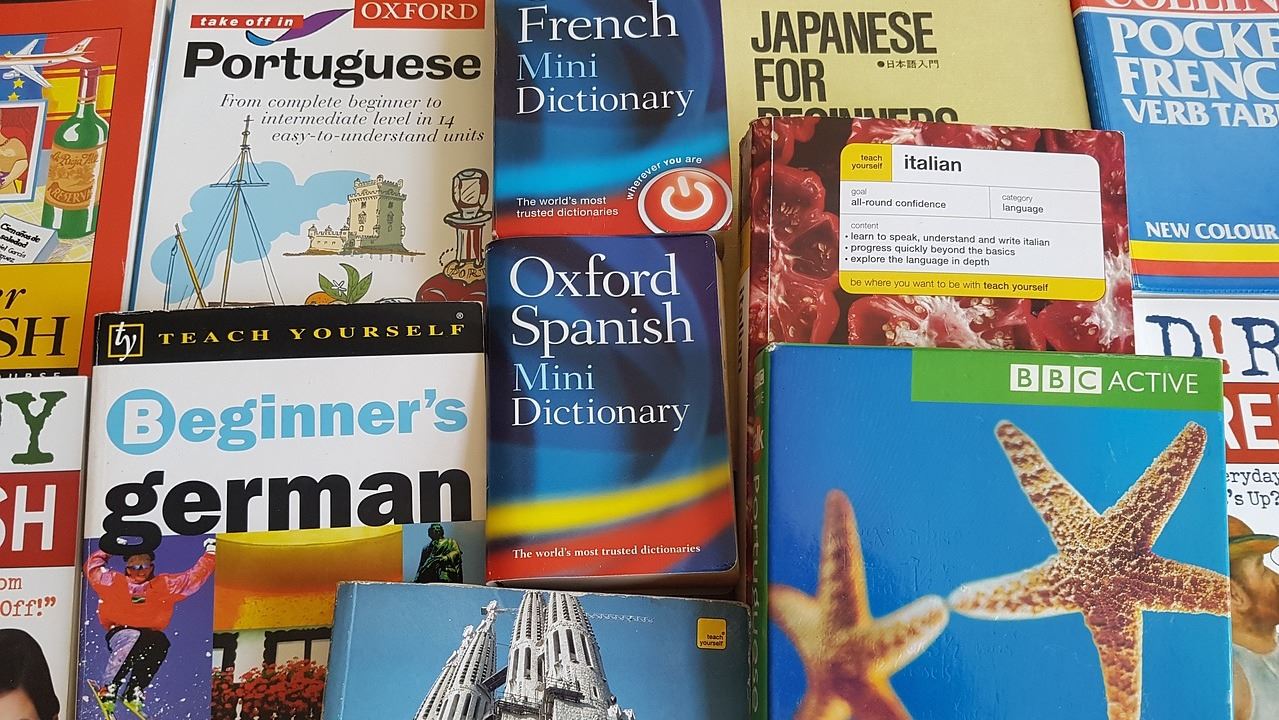Interested in learning more about multilingualism for yourself and your family? As part of our month focusing on multilingualism, FIGT Member and family language coach Rita Rosenback shares with us a list of resources to get you started.

(Edited on 15 January 2020)
What does “multilingualism” mean for you? Perhaps you grew up with multiple languages and incorporated (or are incorporating) those into your identity, or you are raising children multilingually and wondering how to do it or what it will mean for them. Or maybe you are learning new language(s) as globally mobile adults and appreciating the difference it makes to life in a new country or wondering whether you’ll ever “get it.”
Within such a diverse group as serviced by FIGT, the answers are bound to be myriad. But we know that language is entwined with questions of culture and identity.
Online and off, a smorgasbord of resources are available on the many facets of “multilingualism,”—which can be somewhat bewildering. FIGT Member and former Vice President, family language coach, author, and founder of Multilingual Parenting Rita Rosenback shares with us some resources to get you started.
Benefits of multilingualism
Research has suggested that speaking more than one language delays dementia and enhances a child’s working memory. It makes you smarter, better at multitasking, open-minded, and less easily distracted, among other things. Here are two collections of some of the best studies and articles out there.
 Learning a language as an adult
Learning a language as an adult
We know that learning a language is a great way to adapt to and get to know other cultures. But it can be challenging. Can adults still attain fluency?
Language, culture, and identity
 Raising multilingual children
Raising multilingual children
Each family needs to find the approach that works for them, but if you’re trying to raise your children to be multilingual, here are some places to start you off.
Approaches to raising a multilingual child
Here are some of the most popular approaches that many families use and adapt:
The language environment
The right language environment can make it easier for children to learn more than one language.
Common myths
There are an incredible number of debunked myths still making their rounds. Don’t get caught up in them; know what the latest research shows and know when to say “yes, yes” to (usually) well-meaning but misguided advice and continue to do your own thing.
Resources and support for parenting multilingual kids
Books and other reading
FIGT member websites
Facebook groups
If you are on Facebook, there are several groups that parents of multilingual children can join to get support and advice.
Thank you, Rita, for sharing these resources!
If you find any of these useful or want to suggest others, please leave a comment. Rita and Ute also look at some of the challenges, opportunities, and concerns of being a multilingual family on the move; you can watch the video from the links below.
 To access this month’s content: Please join us on Facebook, LinkedIn, or Twitter. Video content will be available for the month and then archived to the members’ only section of this website.
To access this month’s content: Please join us on Facebook, LinkedIn, or Twitter. Video content will be available for the month and then archived to the members’ only section of this website.

[Prepared by Ema Naito]

